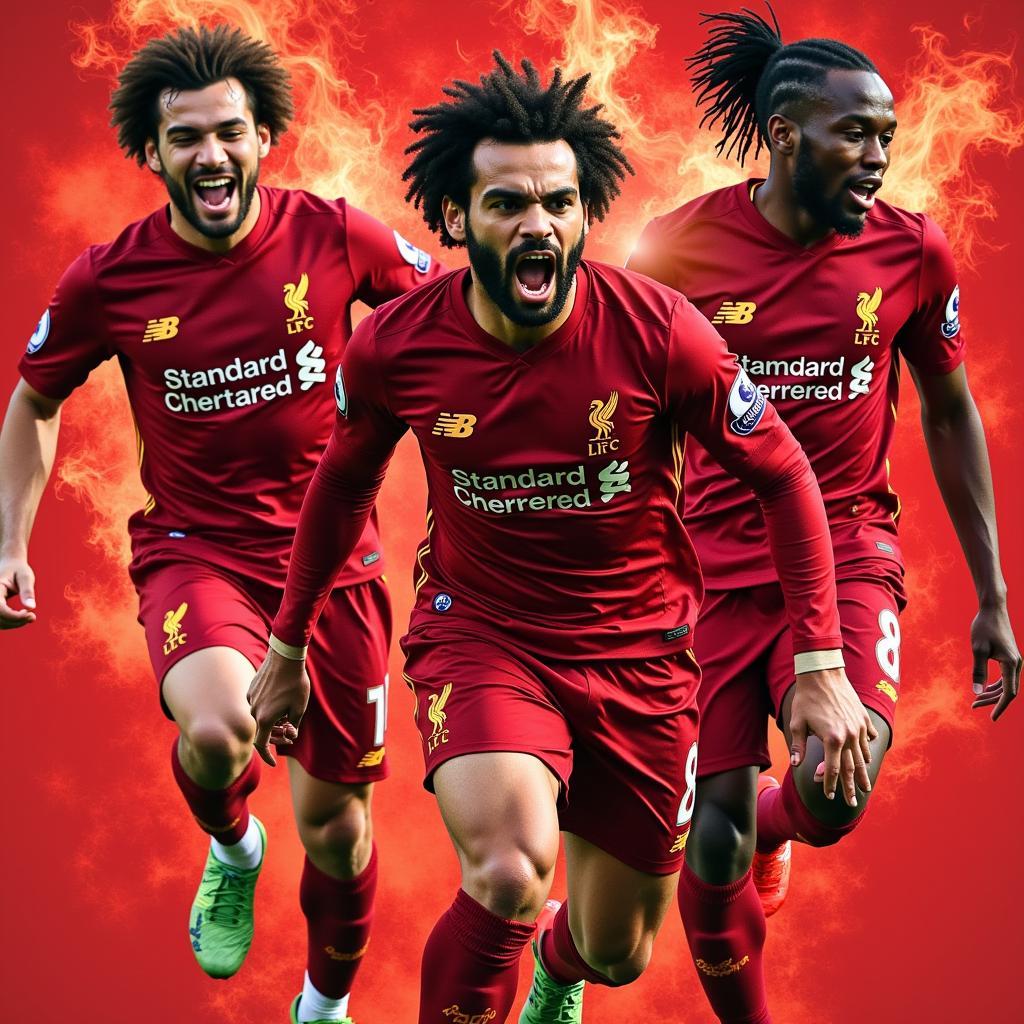Why Did Liverpool Not Sign Haaland?
October 20, 2024The summer of 2022 saw Erling Haaland make a seismic move to Manchester City, sending shockwaves through the Premier League. But one question lingered in the minds of many football fans, particularly those of the Anfield faithful: Why Did Liverpool Not Sign Haaland?
This question echoed across social media, forums, and pubs as analysts and supporters alike debated the rationale behind Liverpool’s decision. After all, Haaland, with his blistering pace, physical presence, and an almost supernatural ability to find the back of the net, seemed like the perfect fit for Jurgen Klopp’s high-octane, gegenpressing system.
Tactical Considerations: A Change in Approach?
Liverpool, under Klopp, had become synonymous with a fluid, dynamic attacking trio, epitomized by the likes of Mohamed Salah, Sadio Mane, and Roberto Firmino. This front three thrived on interchanging positions, intricate link-up play, and exploiting spaces in behind the opposition’s defense.
Haaland, while undoubtedly a force of nature in the penalty area, operates predominantly as a traditional number nine, a fox in the box who thrives on crosses and through balls. This more direct style of play, some argued, would necessitate a shift in Liverpool’s tactical DNA, potentially disrupting their finely tuned attacking rhythm.
 Liverpool's Attacking Trio
Liverpool's Attacking Trio
Financial Prudence: A Calculated Gamble?
The financial implications of signing a player of Haaland’s caliber were significant, to say the least. His transfer fee, coupled with his reported wage demands, would have placed a considerable strain on Liverpool’s notoriously well-managed wage structure.
Liverpool, under the stewardship of Fenway Sports Group (FSG), have consistently adhered to a model of sustainable spending, prioritizing long-term stability over short-term gains. The club’s hierarchy, known for their meticulous approach to transfers, may have deemed the overall package for Haaland too risky, potentially upsetting the balance within the squad and jeopardizing their financial stability.
The Emergence of Diogo Jota: A Sign of Things to Come?
Liverpool’s acquisition of Diogo Jota from Wolves in 2020 proved to be a masterstroke. The Portuguese forward seamlessly integrated into the squad, offering a potent goal threat and adding another dimension to their attack. Jota’s arrival, coupled with the continued brilliance of Salah and Mane, may have led Liverpool to believe that they already possessed sufficient firepower within their ranks.
Conclusion: A Missed Opportunity or a Calculated Risk?
The question of why Liverpool did not sign Haaland is multifaceted, with no easy answers. It likely involved a combination of tactical considerations, financial prudence, and belief in their existing attacking options.
Whether Liverpool’s decision not to pursue Haaland proves to be a missed opportunity or a calculated risk remains to be seen. One thing is certain: the Premier League landscape has been irrevocably altered by the Norwegian’s arrival, and Liverpool, along with every other team in the league, will be striving to match his impact on the pitch.